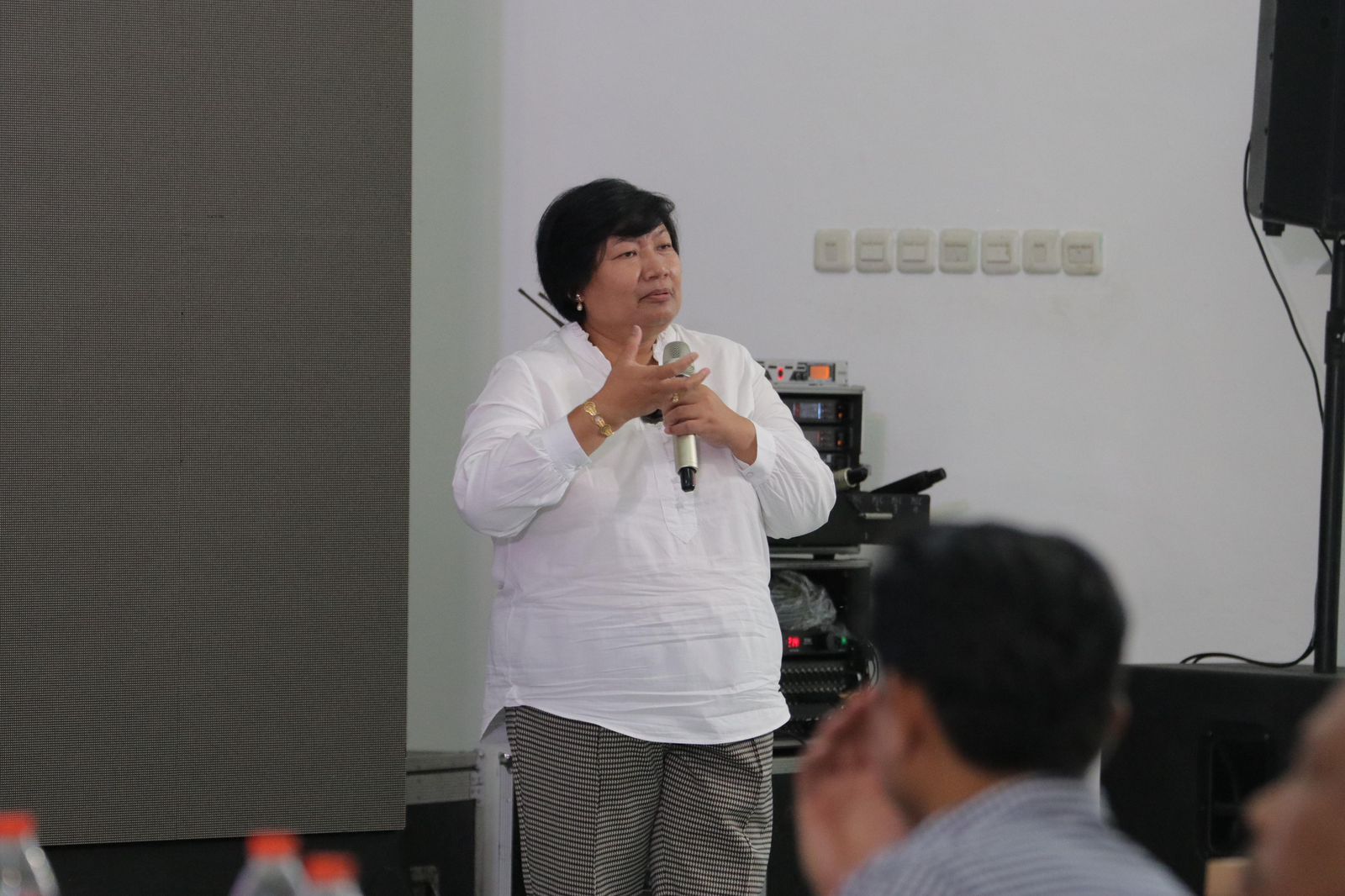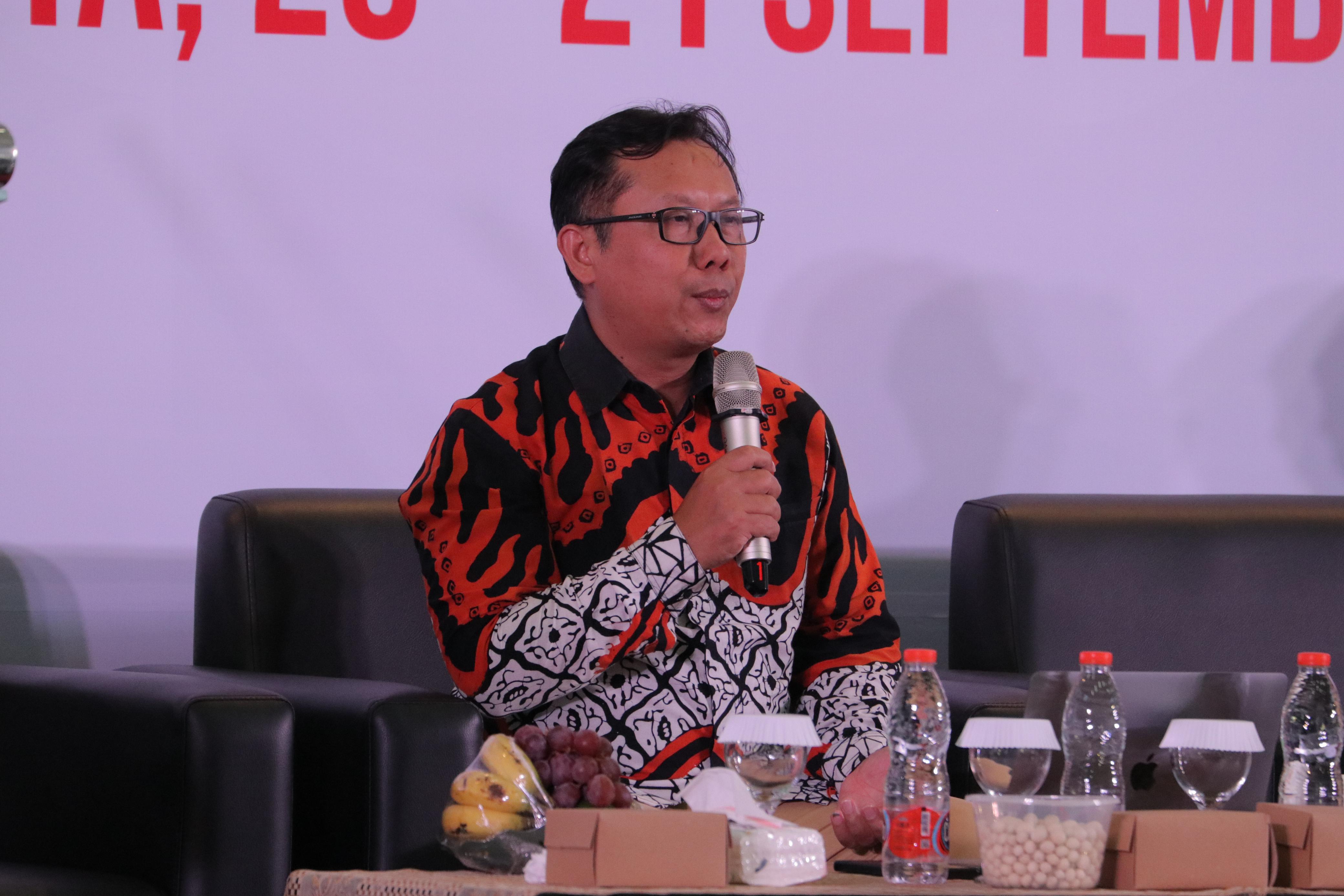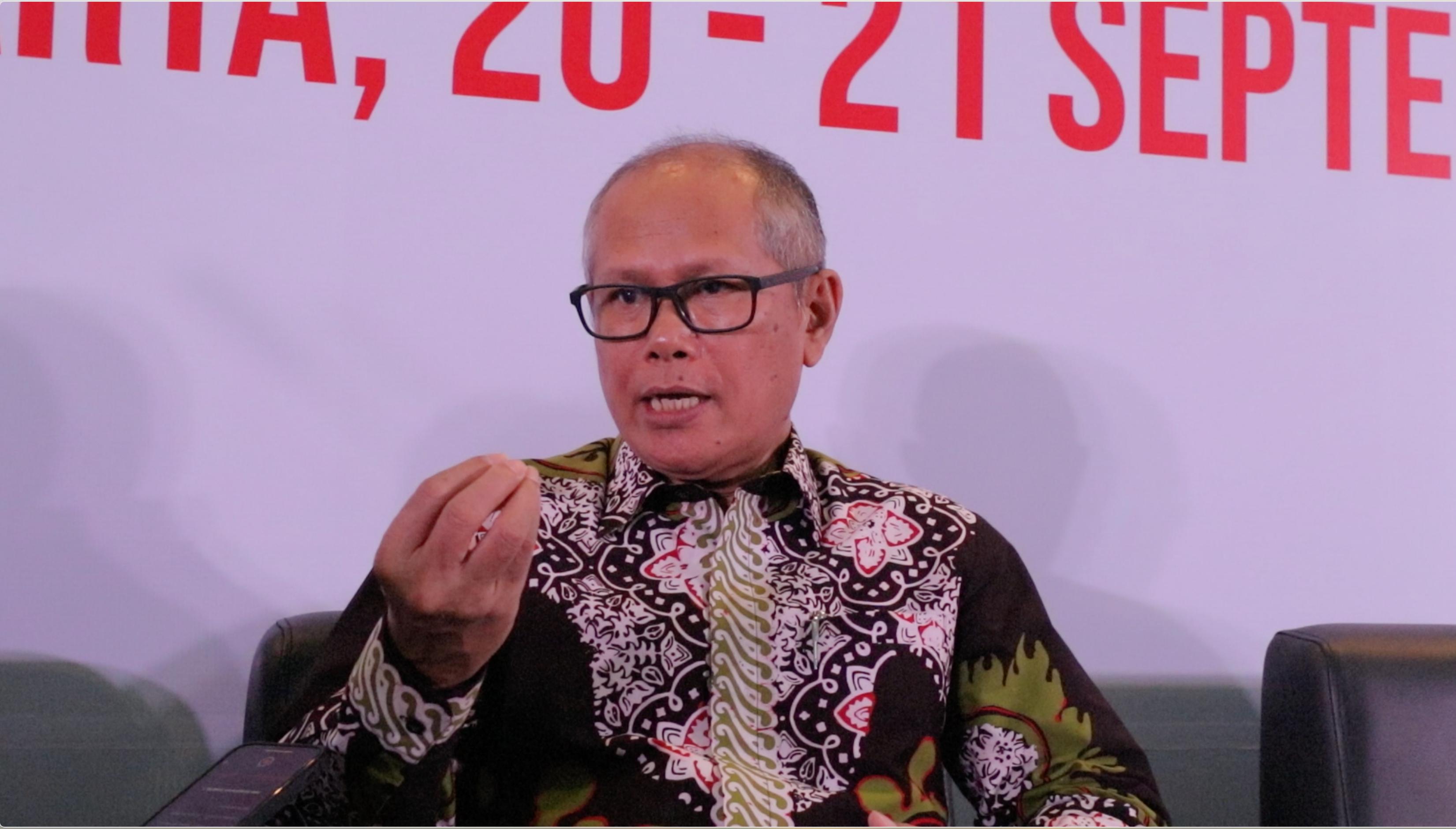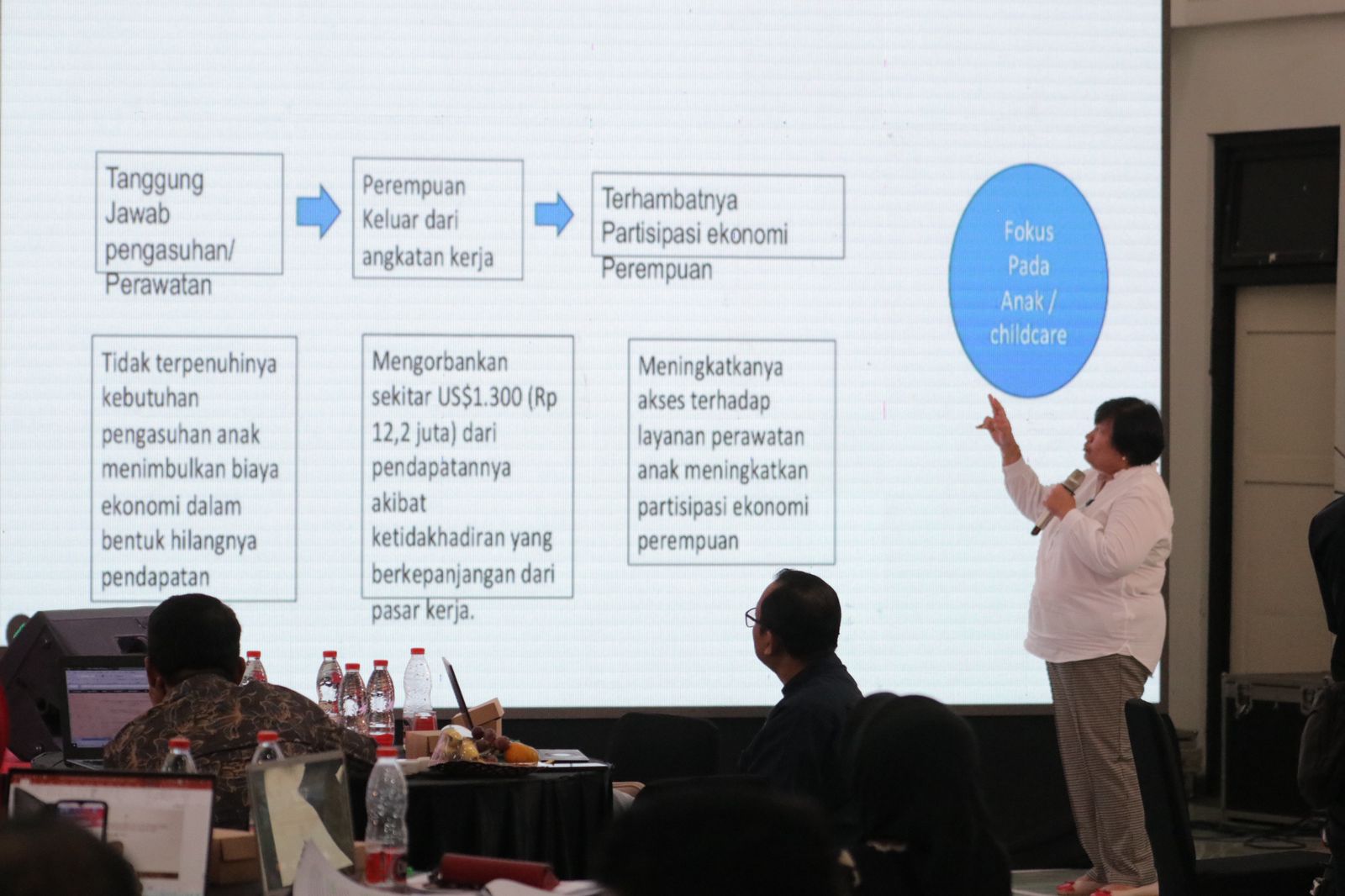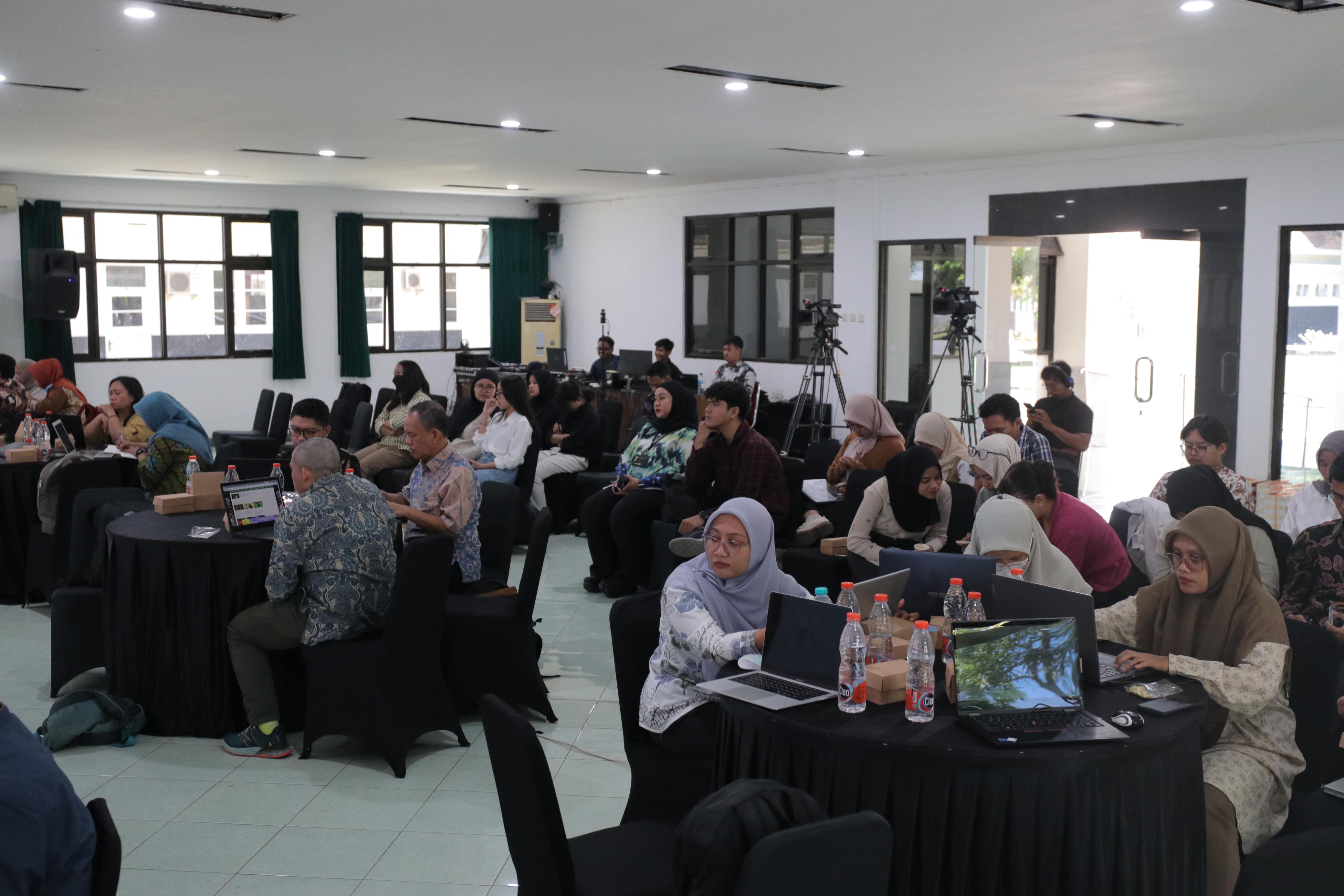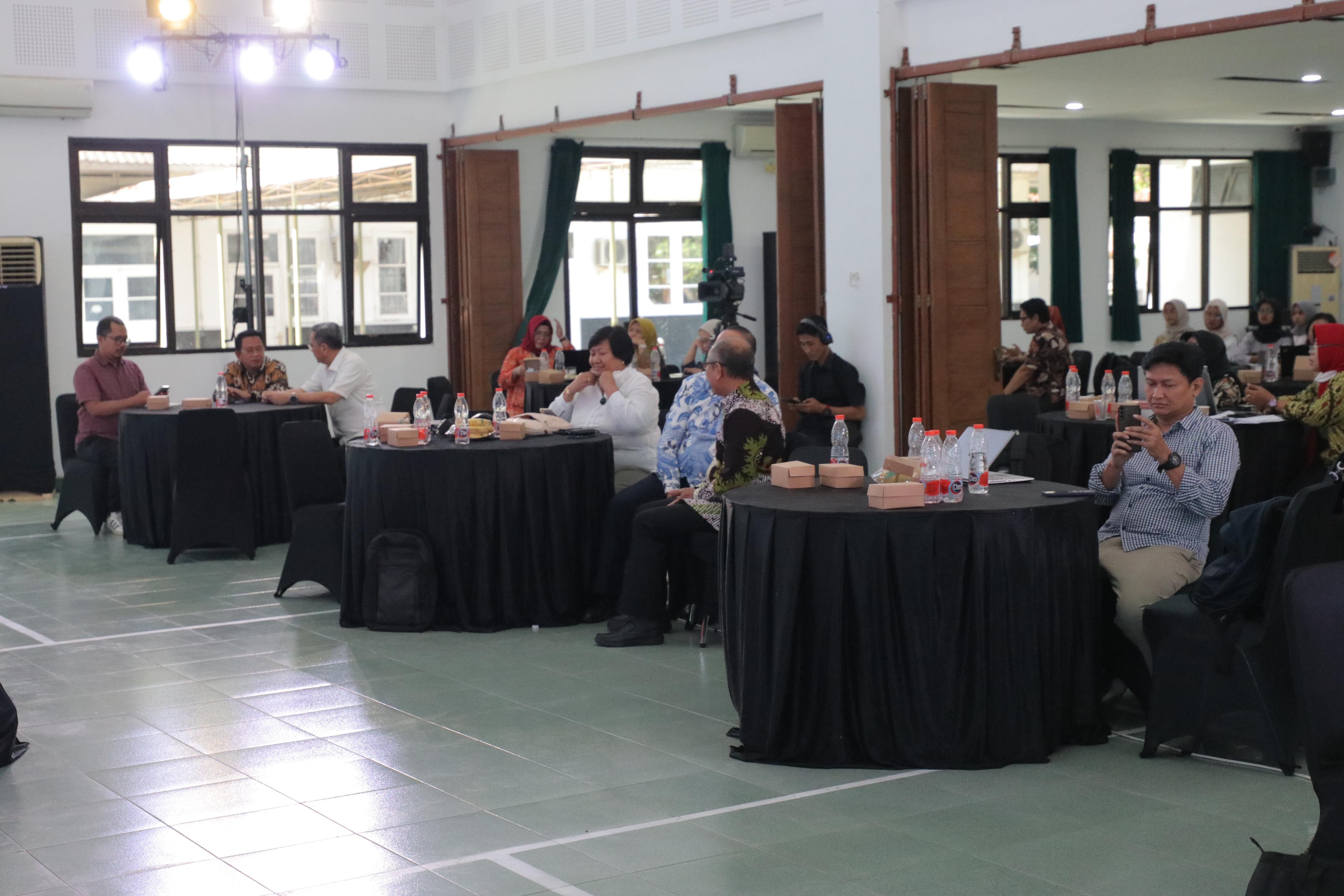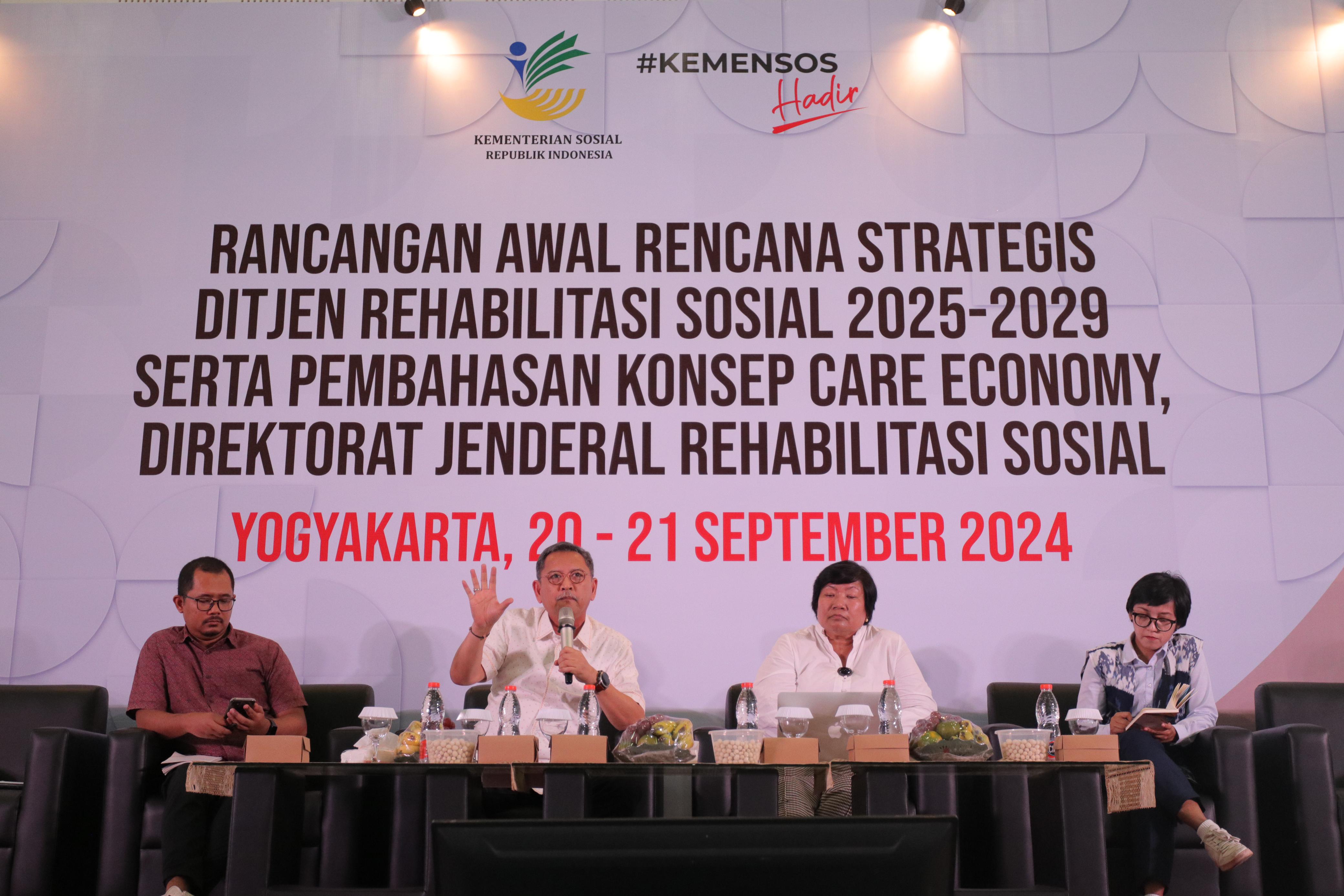JAKARTA (September 20th, 2024) – Care economy was considered an approach towards marginalized groups through visionary social rehabilitation in the homeland by Ministry of Social Affairs.
This was stated in the Coordination Meeting for the Initial Draft of the 2025-2029 Strategic Plan of Directorate General of Social Rehabilitation and the development of care economy concept in Yogyakarta, Friday (20/9/2024).
The experts present as speakers and respondents included Ignatia Marta Hendrati, Janianton Damanik, and Nurhadi.
The concept of care economy as a very good innovation was introduced during the meeting in Cawang Kencana, East Jakarta.
"I think it requires significant support and the Directorate General of Social Rehabilitation must be able to translate care economy," Dr. Dra. Ignatia Marta Hendrati, S.E, ME, the chairwoman of Social and Humaniora Economic Studies Center, Veteran Development University Surabaya, East Java said.
In general, care economy was a new concept, so it had not yet been rigidly conceptualized specifically, but in reality, it had long been implemented by Ministry of Social Affairs and had received good evaluation results.
"For example, mutual cooperation, concern, and humanism that provide social values that have already been established in society. It needs to be written down, planned, detailed, and structured, and not only in the Directorate General of Social Rehabilitation but also become an inseparable part of the Ministry of Social Affairs," she stated.
Prof. Dr. Phil. Janianton Damanik, M.Si. considered the concept of care economy as a significant leap that is very beneficial for Indonesia, as it could elevate the values that have long been overlooked and turn them into a national issue.
Considering that the care economy was something new, thematic, and specific, the task of the Directorate General of Social Rehabilitation was to socialize it so that it was easily understood by other Ministries/Institutions (K/L) regarding what needs to be done.
"The Directorate General of Social Rehabilitation, as the frontline, must define what the care economy looks like, how its implementation will be so that people know and understand what needs to be done as part of our collective commitment," he said.
Nurhadi, a lecturer at Gajah Mada University (UGM) from the Department of Social and Social Policy, noted the long-standing phenomenon of caring in Indonesia, which had become a part of the nation's cultural heritage.
"At the conceptual level of the care economy as a policy, I think it needs to be strengthened so that it becomes a joint commitment from the central level and the Directorate General of Social Affairs to formulate a strategic plan as a significant foundation that will later be integrated with various policies at the Ministry of Social Affairs," he said.
Undoubtedly, the Directorate General of Social Rehabilitation as the frontline had made significant strides in concrete efforts in the care economy, which would become part of future policies and performance.
"We appreciate what the Directorate General of Social
Rehabilitation has done with the preparation of the strategic plan, which on
the internal side needs to be introduced more deeply and on the public level
brings a new mission to become a shared issue and movement," he said.
 Bahasa
Bahasa
 English
English

